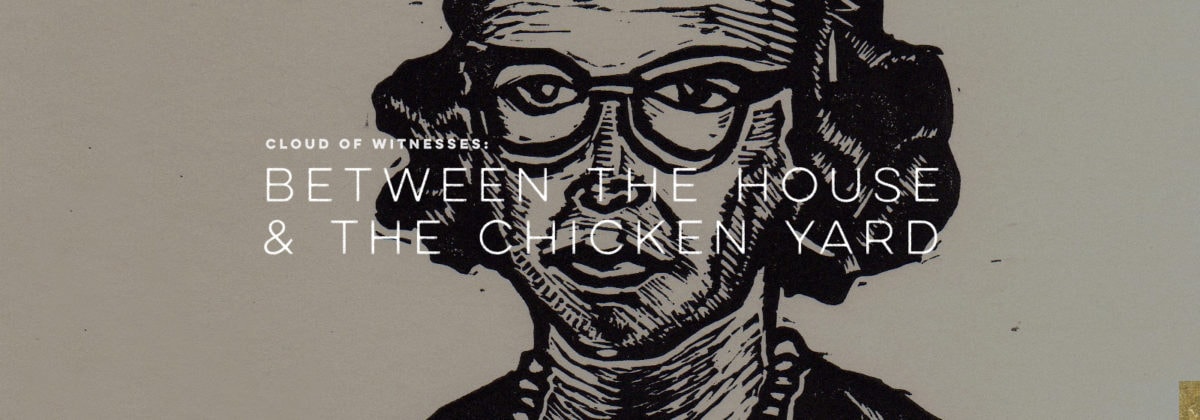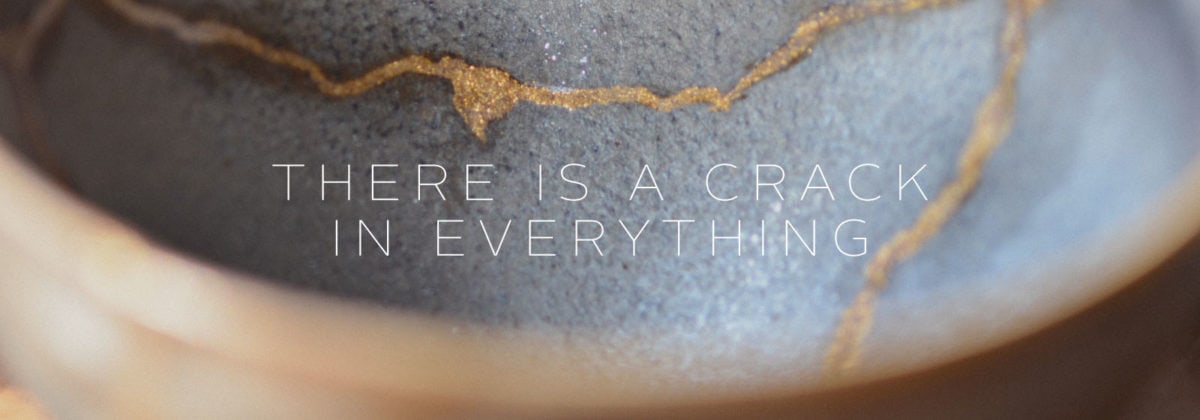This is the first in a series of blogs we will be writing on the communion liturgy in the Anglican tradition. We want to talk a bit about the history and meaning of the various things that we say and pray as a community when we celebrate the Lord’s Supper. If you come from a non-liturgical tradition, a lot of what is said on a Sunday morning is most likely foreign to you. You are probably wondering what it all means. Well, let me tell you as someone who grew up in the Anglican tradition, you are not alone! In the last couple years, I’ve had the chance to study the communion service. But before that, I thought these were just the things we said. I didn’t really understand what I was saying and praying and why it was so important. My aim is to will help all of us in coming to appreciate and understand the rich tradition we inhabit.
Let’s start with the first prayer in the communion service, known as the Collect for Purity:
Almighty God,
to whom all hearts are open,
all desires known,
and from whom no secrets are hidden:
cleanse the thoughts of our hearts
by the inspiration of your Holy Spirit,
that we may perfectly love you,
and worthily magnify your Holy name;
through Christ our Lord. Amen.
You may be thinking, what’s a collect? It’s a prayer that has three distinct parts.
First, there is a statement about God’s character. The Collect for Purity begins with a statement of God’s intimate knowledge of the deepest places of our hearts:
Almighty God,
to whom all hearts are open,
all desires known,
and from whom no secrets are hidden
Second, a collect asks God for something specific based on the attribute for which we have just praised Him:
cleanse the thoughts of our hearts
by the inspiration of your Holy Spirit
Third, a collect states the reason we are asking God for this particular thing:
that we may perfectly love you,
and worthily magnify your Holy Name;
through Christ our Lord. Amen.
One of the things that makes this particular collect so significant is that the church has been praying these same words since around the year 800 AD. That’s right, roughly 1200 years. The prayer which opens our service has been prayed millions of times over hundreds of years by the people of God.
This prayer, however, wasn’t initially used in public worship. Originally it was used in the priest’s private preparation before the public service. This is where our Anglican heritage comes into play. When the Anglican Reformer, Thomas Cramner, was composing the the Book of Common prayer, he made a vital change to this collect’s placement. In 1549, he moved it from being a private to a public prayer of preparation. We all participate in the Lord’s Supper. So Cranmer argued all must ask the Lord to purify us and make us worthy to worship and glorify God.
The Collect for Purity is a brilliant way to begin the service because it is such an accurate statement of who were are before God. We cannot close ourselves off from God. We cannot hide from him our thoughts, our emotions or even our desires. We are like an open book before the Lord. It is only fitting that we begin our service by acknowledging this before him, and asking him to cleanse the “thoughts of our hearts.” While this might seem like a strange request, it is because to the ancients the heart was not only the seat of the emotions, but of our entire being. As Jesus said, what comes out of the mouth precedes from the heart (Matthew 15:18). If we are to say anything in worship worthy of God, then our hearts must be cleansed. This is not something we can do for ourselves; only Jesus working through the Spirit can cleanse us and make us worthy to glorify God. And so we pray that very reality:
cleanse the thoughts of our heart
by the inspiration of your Holy Spirit,
that we may perfectly love you,
and worthily magnify your holy name.
The Collect for Purity is more that simply a means of reminding us of our posture before God. It is a prayer. And we trust that in prayer God will actually do in us what we ask him to do. We trust that he will really cleanse the thoughts of out hearts. We trust that he will really give us the gift of his Spirit. Whatever prayer we may offer in worship, the Spirit takes it and makes it worthy to be received by the creator of the universe.
We are not passive observers in worship. God has called us to be actively engaged in praising him; in singing, in wrestling with the readings and sermon, in prayer and in partaking of the body and blood of his most precious Son. All of these great ways of worshipping God should, and must, begin with a heart prepared to enter into his presence.




